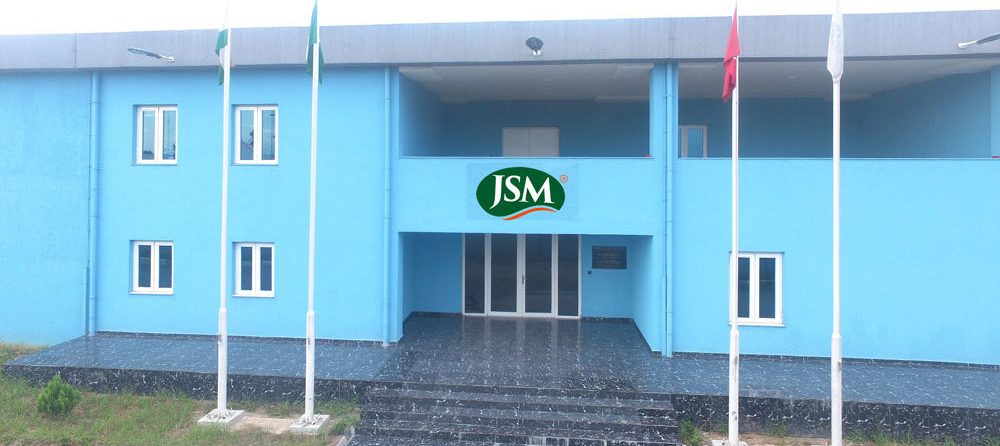On the occasion of 2023 Nigeria’s Democracy Day, the nation reflects upon the progress made in its democratic journey while also assessing the challenges that lie ahead.
As the country’s leadership transitioned to a new administration under Bola Ahmed Tinubu, this year’s celebration assumes even greater significance.
It presents a unique opportunity to call upon the new government to address key issues, consolidate democratic values, and steer Nigeria toward a prosperous and inclusive future.
Kennedy Onyegbado; a media relations and communications expert takes an analysis of key tasks before the Tinubu administration as it strives towards a Flourishing Future

Celebrating Democratic Milestones:
Nigeria’s Democracy Day commemorates the historic return to civilian rule on May 29, 1999, after years of military dictatorship. Over the past two decades, the country has made significant strides in strengthening democratic institutions, fostering political stability, and promoting a more open society. However, numerous challenges continue to hinder the full realization of Nigeria’s democratic potential.
Strengthening Institutions:
One of the primary tasks before the Tinubu administration is to fortify the country’s institutions. By ensuring the independence of the judiciary, upholding the rule of law, and guaranteeing the separation of powers, Nigeria can foster an environment conducive to good governance. Reforming the electoral process, improving transparency, and fighting corruption must also be prioritized to enhance public trust in the democratic system.

Tackling Security Concerns:
Nigeria faces pressing security challenges, including terrorism, banditry, and communal conflicts. The new administration must develop a comprehensive security strategy that addresses these threats effectively. By investing in well-equipped and adequately trained security forces, enhancing intelligence sharing, and promoting regional cooperation, Nigeria can safeguard the lives and properties of its citizens, ensuring a stable environment for democracy to thrive.
Promoting Socioeconomic Development:
While Nigeria boasts abundant natural resources and a resilient population, socioeconomic disparities remain a significant concern. The Tinubu administration must prioritize inclusive growth and development, focusing on job creation, poverty alleviation, and providing quality education and healthcare for all Nigerians. Initiatives that foster entrepreneurship, attract investments, and diversify the economy will be instrumental in realizing these objectives.
Harnessing the Power of Youth:
Nigeria’s youth, who form a significant proportion of the population, must be actively engaged in the democratic process. The new administration should prioritize their empowerment, provide access to quality education, vocational training, and create an enabling environment for innovation and entrepreneurship. By nurturing the potential of its young population, Nigeria can unlock its demographic dividend and drive sustainable development.

Conclusion:
As Nigeria celebrates Democracy Day, the nation looks to Bola Ahmed Tinubu’s administration with hope and expectation. It is an opportune moment to consolidate democratic gains, address key challenges, and foster a prosperous and inclusive future.
Read Also: Democracy Day: MFOH Nigeria Ignites Hope for United Nigeria
The new government must prioritize strengthening institutions, tackling security concerns, promoting socioeconomic development, and harnessing the potential of the youth. With concerted efforts and visionary leadership, Nigeria can overcome its challenges and realize the true essence of democracy, ensuring a brighter future for all its citizens.




